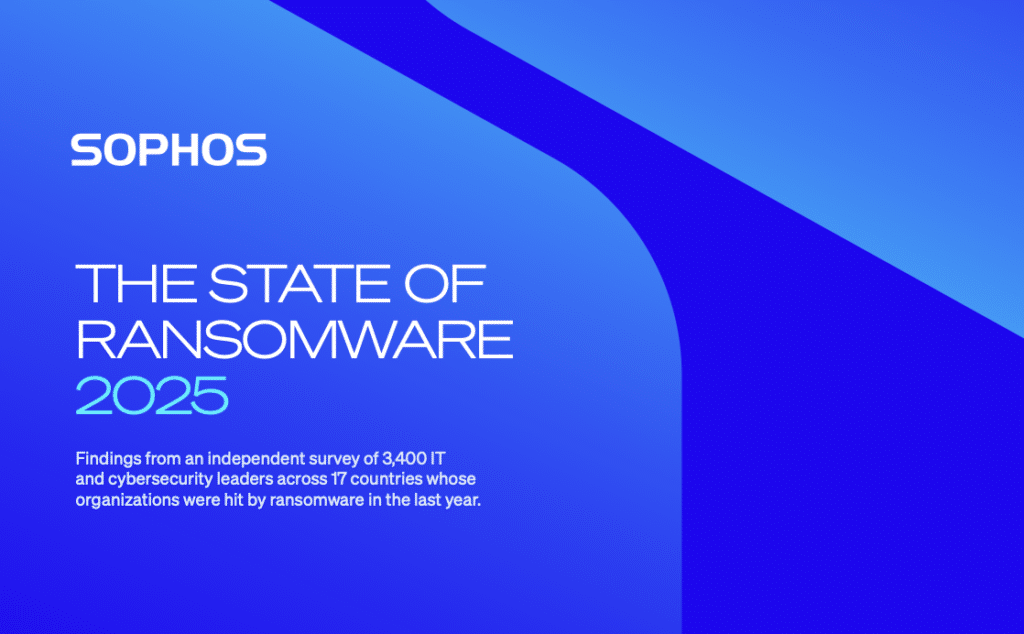Technology is a powerful tool for mitigating increasing business costs

Given rising inflation and a gloomy economic outlook for many companies in the UK, optimising expenditures and cutting costs is essential to ensure the business continues to function effectively. It is imperative to maintain competitive performance, and controlling costs is often a critical step in obtaining robust business operations alongside operational efficiency.
Adopting the appropriate technology can drastically reduce the time invested in labour-intensive tasks, minimise human mistakes, and guarantee that projects are brought to fruition effectively, enabling a business to do more with less. As a result, your business will be better equipped to perform more proficiently, reduce expenses, and strengthen communication with customers and employees.
A cloud-first strategy reduces the cost
A cloud-first strategy encourages businesses to prioritise cloud solutions when creating or modifying new processes. This forward-thinking approach to cloud adoption must be implemented from an overall organisational perspective to bring costs down and enhance efficiency.
However, an effective cloud-first strategy is not cloud at all costs; it requires a pragmatic approach that generates genuine business value – from greater operational efficiency to increased revenue – through careful consideration of available options. Cloud solutions allow users to access applications remotely from various devices seamlessly, enhancing the user experience, often a significant factor in retention and recruitment.
Businesses that embrace cloud technologies typically utilise software-as-a-service (SaaS) – cloud-based applications accessed through the web or an API for integration – eliminating the need to host the application within an on-premise environment. Effective SaaS deployments sync with business objectives and meet security, business continuity and disaster recovery requirements.

Businesses prioritising a cloud-based strategy have access to more than just hosting applications in their private environment. If an application is unavailable as SaaS, leveraging the public cloud through industry-leading vendors like Microsoft Azure or Amazon Web Services (AWS) can help reduce resource requirements. These providers offer Infrastructure-as-a-Service (IaaS), a form of cloud hosting that securely provides real computing power on demand with flexible contracts.
Business leaders should consider the potential cost savings of cloud migration when planning. Compared to traditional on-premise models, Software-as-a-Service (SaaS) applications offer scalability – the capacity to increase or decrease resources as needed without extra investments such as additional servers or software. This is facilitated by the SaaS provider, who typically takes care of capacity planning, scaling solutions, and integrations.
Cyberattacks
The exponential growth of cybercrime means the question facing businesses is, not if, but when a cyber-attack will happen. Amid the ever-growing frequency, sophistication and impact of this nefarious activity, companies can’t cross their fingers and hope they won’t be targeted. Instead, senior executives must ask themselves, ‘how can we best protect our business and data from this genuine threat and prevent reputational damage?’
To achieve this resilience, avoid client loss and exposure to significant fines, the following tips will help businesses and their employees stay secure:
Adopt a “zero trust” strategy
“Never trust, always verify”. With a workforce operating beyond office boundaries, businesses must rely on more than traditional security (firewalls and VPNs) to protect their business. They should look to managed security services with a rigorous posture to access applications and data within their network.
Prevent phishing scams
In 2022, 45,367 impersonation scams or phishing attacks cost £177.6m. We don’t have time to analyse every message in our inbox forensically – and it’s this complacency that cybercriminals attempt to exploit.

To mitigate this threat, email filtering tools can be deployed to detect and block malicious emails to prevent employees from opening them and to restrict clicks/links from launching criminal websites – preventing viruses or malware from compromising a business’ systems and exposing confidential client data to cyber criminals.
Strong security awareness amongst employees is a vital layer in the fight against cybercrime. Proactive businesses also deploy phishing attack simulators – a security awareness tool that helps employees identify phishing scams. This service reinforces security controls by periodically running test campaigns that emulate basic and advanced phishing attacks, empowering employees with a practical understanding of cybersecurity. Regular Penetration Testing will also look for network and systems vulnerabilities and highlight areas where security needs to be enhanced.
Accurate information informs better decisions and reduces costs
Businesses should employ a range of applications to streamline their daily operations to improve organisational infrastructure, such as Customer Relationship Management (CRM) applications, which store vital information regarding customer interactions. These can be leveraged to boost customer engagement and convert sales.
This data is essential when tracking established key performance indicators (KPIs) to gain insight into the business. Companies should leverage modern technology to track leading metrics (real-time data) to identify potential issues for prompt mitigation. Such indicators support meeting business objectives by determining which activities are necessary to hit targets. Lagging indicators can also be used to evaluate past performance.
Failure to track KPIs (leading and lagging) and create scorecards will hinder an organisation’s ability to make informed decisions to optimise the business. By leveraging KPIs, enterprises can improve efficiency and save money.
The volatility of the current economic climate has placed additional stress on businesses. With inflation escalating, organisations must use technology strategically to remain competitive. Therefore, those firms with a technology advocate on the board can control costs, leverage technology, and gain an edge in their market.
You may be interested in
The 2025 State of Ransomware: Key Insights on Attacks, Costs, and Recovery
Ransomware continues to evolve — and so must our defenses. The State of Ransomware 2025 report from Sophos presents one of the most comprehensive views yet into how organisations around the world are being impacted by ransomware attacks. Based on an independent survey of 3,400 IT and cybersecurity leaders across 17 countries, the report explores how attacks are evolving, the operational weaknesses adversaries exploit, and the human and financial tolls that follow. Whether you’re building a cybersecurity strategy or assessing risk, this year’s findings offer crucial, real-world insights to guide your response. Key Findings from…
Outgrowing your MSP; businesses need a provider that scales with their growth
To stay competitive, business leaders must align with MSPs that deliver strategic value, drive innovation, and support to scale. Now firmly into 2025, it’s becoming clear what the year has in store for the IT landscape. For SMBs, the message is clear: business growth must be matched with smarter, more scalable managed services. The demand for cyber-resilient, cloud-first and AI-integrated solutions is no longer a forecast – it’s a reality already shaping business priorities. According to leading global technology market analyst firm Canalys’ MSP Trends 2025 report, the MSP model is transforming under growing pressure…
End of windows 10 support signal urgent action needed from UK organisations as cyberattacks continue to rise
Recent breaches at major UK retailers, combined with the approaching end of life of Windows 10, highlights a critical moment for IT resilience planning The recent wave of cyberattacks targeting major UK retailers has highlighted the growing security risks associated with organisations running outdated systems and applications and maintaining weak identity verification protocols. These incidents—particularly those involving Marks & Spencer and the Co-Op—have starkly exposed how vulnerable legacy infrastructure and insufficient access controls can be. In both cases, attackers successfully posed as legitimate employees and manipulated IT help desks into resetting internal passwords, ultimately gaining…
UK SMEs must fortify their cybersecurity against geopolitical risks, says Espria
A recent Sky News investigation highlighted an uptick in cyberattacks tied to the Iran conflict that are targeting businesses across multiple sectors. Speaking at the NATO Summit, Prime Minister Sir Keir Starmer urged UK businesses, regardless of size or sector, to prioritise cybersecurity and ‘take immediate steps to review and strengthen their defences.’ While the warning is timely in tone, businesses are already becoming targets of politically motivated cyberattacks, emphasising the need for heightened vigilance. “As tensions spread globally, threat actors will continue to exploit digital vulnerabilities, and neutral businesses may be caught in the…
End of windows 10 support signal urgent action needed from UK organisations as cyberattacks continue to rise
End of windows 10 support signal urgent action needed from UK organisations as cyberattacks continue to rise
Why Businesses Should Invest in ESG: Lessons learned by Espria
In today’s competitive landscape, Environmental, Social and Governance (ESG) performance is no longer just a “nice to have”—it is a critical business imperative. Companies that prioritise ESG are better positioned for long-term success, risk mitigation, and reputation enhancement. Today’s world demands more from companies than just financial performance. Customers want transparency. Employees want purpose. Investors want resilience. ESG helps businesses manage risk, seize new opportunities and build trust with the people who matter most. It is how you can stay competitive, stay responsible and stay relevant in a fast-changing world. A powerful case study of…





